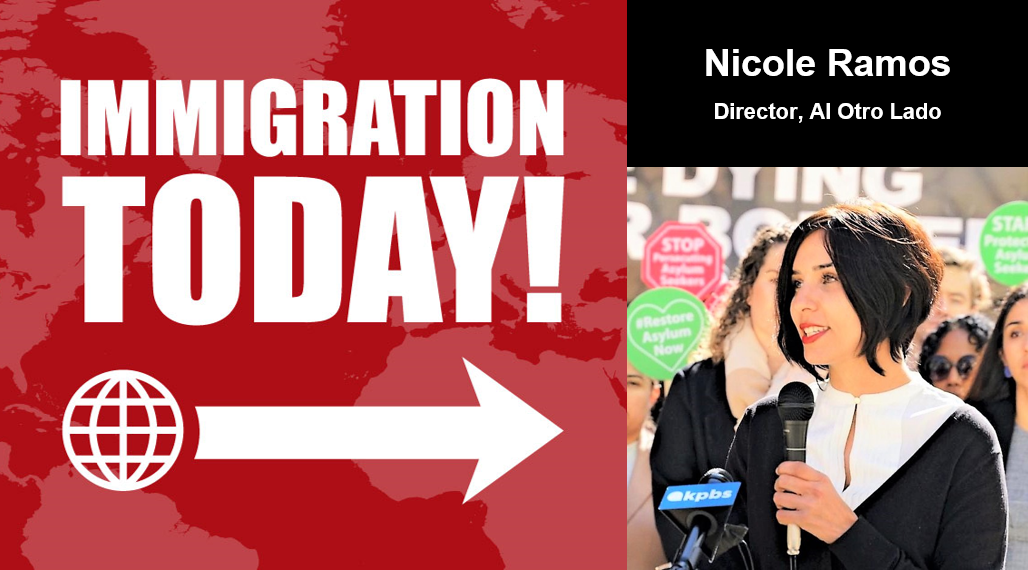The new rules will make it more difficult for less wealthy people to qualify for temporary visas and green cards, or, if they are already in the U.S., to change or extend their temporary visa status.
Applications and petitions pending before February 24, 2020, will be decided based on the prior standard.
Reinterpretation of the Law: Primarily Dependent vs Likely Receipt
The term "likely at any time to become a public charge" is a ground of inadmissibility found in Section 212(a)(4) of the Immigration and Nationality Act. The new rules redefine this section of law.
The public charge ground of inadmissibility used to apply only to persons who might become "primarily dependent" on designated state and federal programs for more than half of their income or support. The new rules broaden the definition to apply to those who are determined to be more likely than not to receive a broader list of benefits for more than 12 months in the aggregate within any 36-month period.
Whether or not a person is likely to become a public charge is a discretionary determination made by the interviewing officer.
Form I-944 - Declaration of Self-Sufficiency
The USCIS issued a new 18-page I-944 form entitled Declaration of Self-Sufficiency which must be filed with applications for Adjustment of Status starting February 24, 2020 for persons who are subject to the rules. This form will be required for most persons in the family-based, employment-based and diversity lottery categories.
Who is Affected by the New Public Charge Rule?
The new rules do not create a new ground for deportation. They reinterpret an existing ground of inadmissibility. The new public charge rules will apply to all applicants filing for either a temporary visa or a green card on or after February 24, 2020. The same is true if a beneficiary applies for an extension of status or a change of status.
For persons with green cards, the new rules will not affect them unless they leave the U.S. for 180 days or more and attempt to return. Applicants for naturalization will not be affected. Neither are persons who receive public benefits while they are in any of the following categories:
Asylees and Refugees
Special Immigrant Juveniles (SIJS)
Persons with T Status (Victims of Human Trafficking)
Persons with U Status (Crime Victims)
Persons with VAWA (Violence Against Women Act)
Persons with NACARA
Persons with Registry
Persons with the Cuban Adjustment Act
Applicants for Temporary Protected Status
Addition of Five New Benefit Programs
The new rules expand the list of state and federal programs that can be considered when applying the public charge test.
Previously, the government only considered the following four programs:
Supplemental Security Income (SSI)
Temporary Assistance to Needy Families (TANF)
State General Relief or Assistance
A Medicaid program that covers institutionalization for long-term care
The new rules add the following five additional programs to the list:
Non-Emergency Medicaid
Supplemental Nutrition and Assistance Program (SNAP, formerly food stamps)
Section 8 Housing Choice Voucher Program
Section 8 Project-Based Rental Assistance
Public Housing
Focus on Five Statutory Factors
Under the new rules, government officers will focus on the following five factors:
Age: Applicants younger than 18 or older than the minimum early retirement age for Social Security (62) will need to demonstrate why their age will not impact their ability to work.
Health: Applicants will need to show whether their medical conditions will affect their ability to work and care for themselves.
Family status: Applicant's household includes dependents and persons providing the applicant with more than 50 percent of support.
Asset, resources and financial status: Whether the annual household income is at least 125 percent of the Federal Poverty Guidelines, given the new household definition. Financial status will be measured by civil liabilities, credit history and credit score, past applications for or receipt of public benefits, an application for or receipt of a fee waiver for an immigration benefit after the effective date.
Education and skills: Whether the applicant has adequate education and skills to obtain lawful employment with an income sufficient to avoid becoming a public charge. Factors include employment history, education level, occupational skills and licenses, English proficiency and the status of the applicant as a primary caregiver to another individual in the household.
The new rules require that DHS and DOS consider the totality of the circumstances and make a forward-looking determination of whether applicants for an immigrant or nonimmigrant visa, applicants for admission to the US, and applicants for adjustment of status are likely to become a public charge "at any time" in the future.
The DHS regulation also introduces a related condition for change of status and extension of stay nonimmigrant applicants, who will have to demonstrate that "since obtaining the nonimmigrant status they seek to extend or change, until the date USCIS adjudicates the COS or EOS application, they have not received one or more of the listed public benefits over the designated duration threshold."
Public Charge Bonds
The new rules allow for the posting of a bond in situations where the applicant needs to assure the government that he or she will not become a public charge. If it is determined that an applicant is likely to become a public charge, he may be offered to opportunity to post a bond of at least $8,100. The bond is considered breached if the applicant receives benefits from any of the 9 programs identified above for more than 12 months in the aggregate within any 36-month period.












